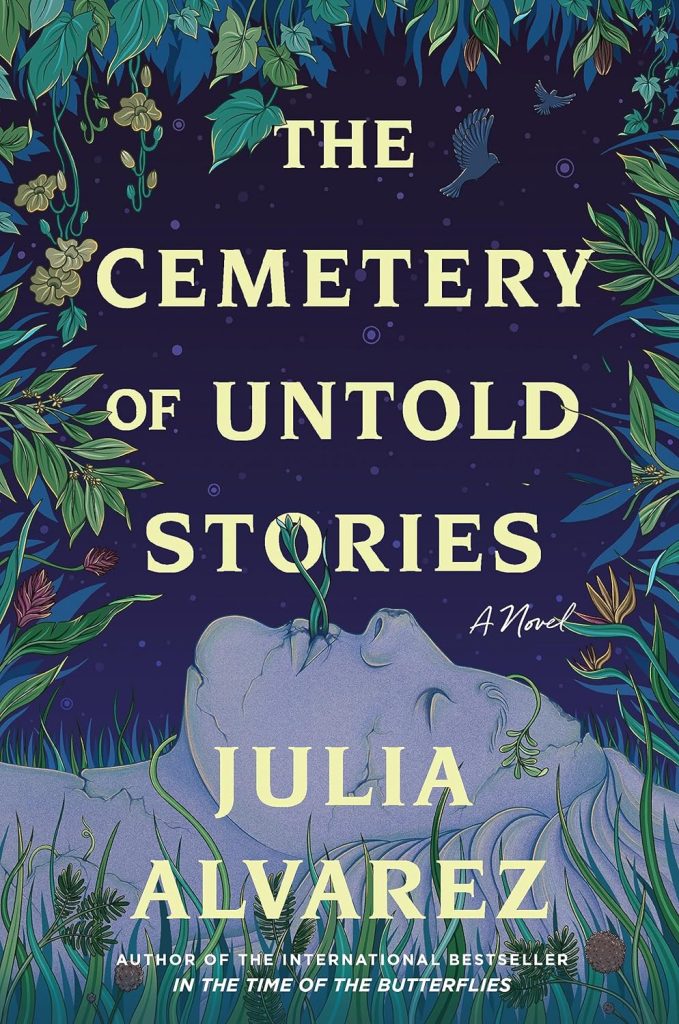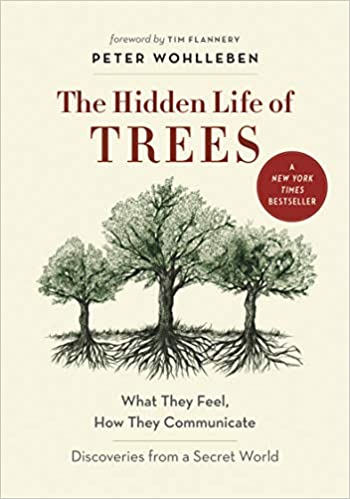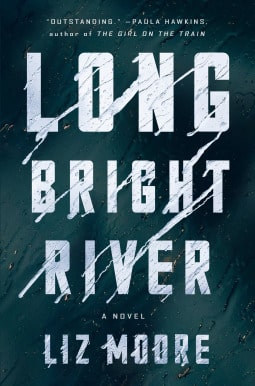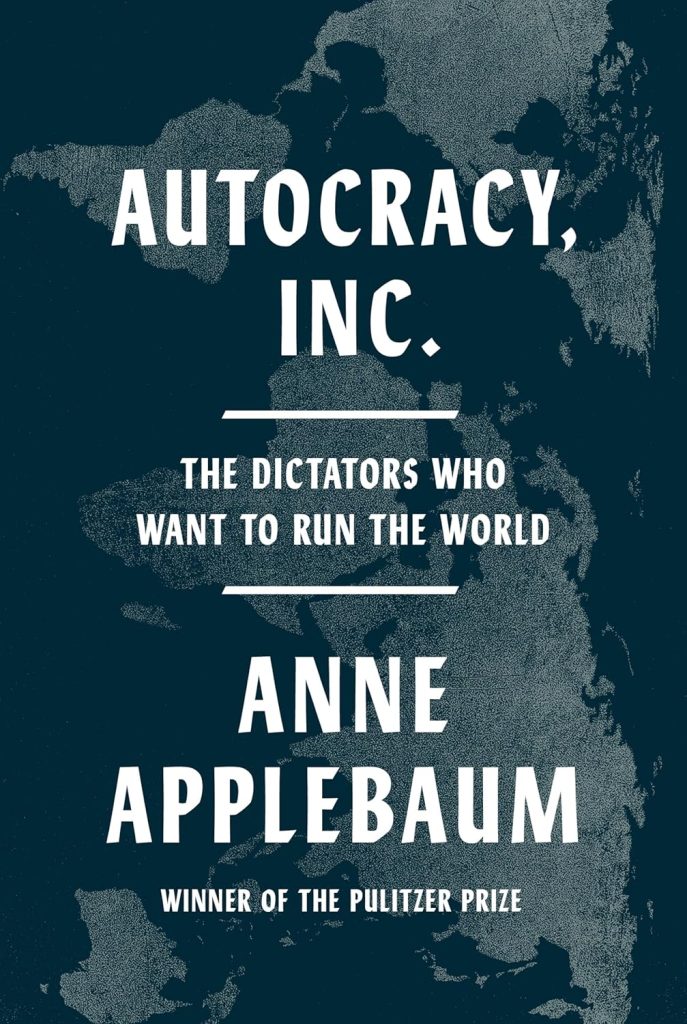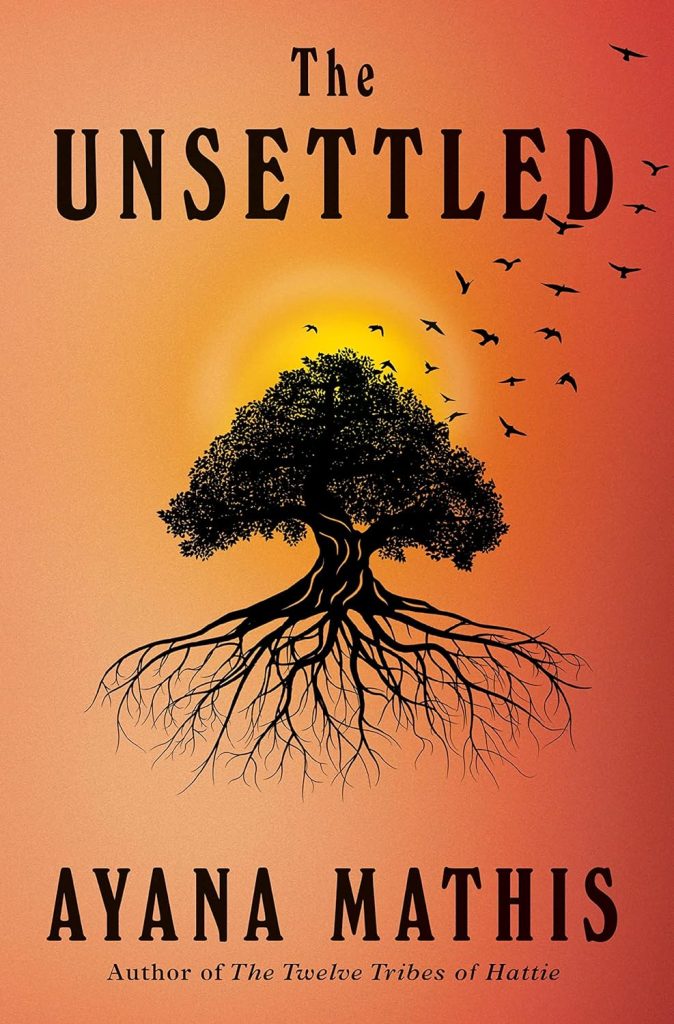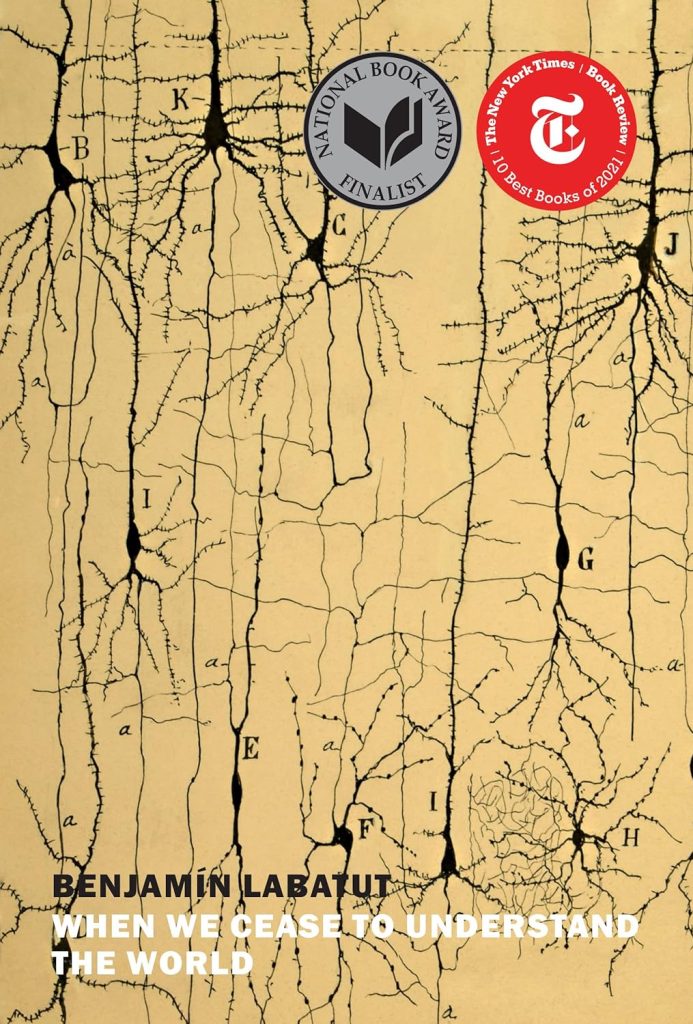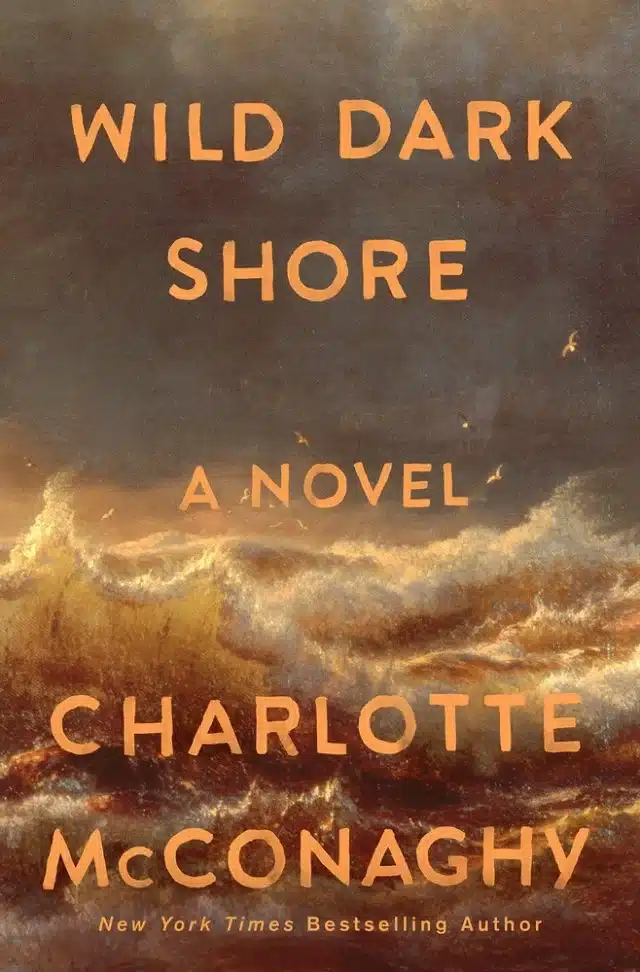
Wild Dark Shore
Estimated reading time: 1 minute, 53 secondsToday, I dove into “Wild Dark Shore” by Charlotte McConaghy, a captivating novel that The New York Times hailed as one of the must-reads for this spring. The story unfolds on a remote island, where a family’s tranquil life changes with the arrival of a mysterious woman who washes ashore just as a tempest brews on the horizon. With secrets and storms looming, I can already feel the tension building—this promises to be a thrilling read!
Dominic Salt and his three children are caretakers of Shearwater, a tiny island not far from Antarctica. Home to the world’s largest seed bank, Shearwater was once full of researchers, but with sea levels rising, the Salts are now its final inhabitants. Until, during the worst storm the island has ever seen, a woman mysteriously washes ashore.
Isolation has taken its toll on the Salts, but as they nurse the woman, Rowan, back to strength, it begins to feel like she might just be what they need. Long accustomed to protecting herself, Rowan starts imagining a future where she could belong to someone again.
But Rowan isn’t telling the truth about why she set out for Shearwater. And when she discovers sabotaged radios and a freshly dug grave, she realizes Dominic is keeping his secrets. As the storms on Shearwater gather force, they all must decide if they can trust each other enough to protect the precious seeds in their care before it’s too late—and if they can finally put the tragedies of the past behind them to create something new together.
Wild Dark Shore is a novel of breathtaking twists, dizzying beauty, and ferocious love about the impossible choices we make to protect the people we love, even as the world disappears.
Charlotte McConaghy is a New York Times bestselling author of the novels Wild Dark Shore, Once There Were Wolves, and Migrations, which have been translated into over twenty languages. She is currently based in Sydney, Australia.
When you purchase a book through one of my links, I earn a small commission that helps support my passion for reading. This contribution allows me to buy even more books to share with you, creating an incredible cycle of discovering great reads together! Your support truly makes a difference!


